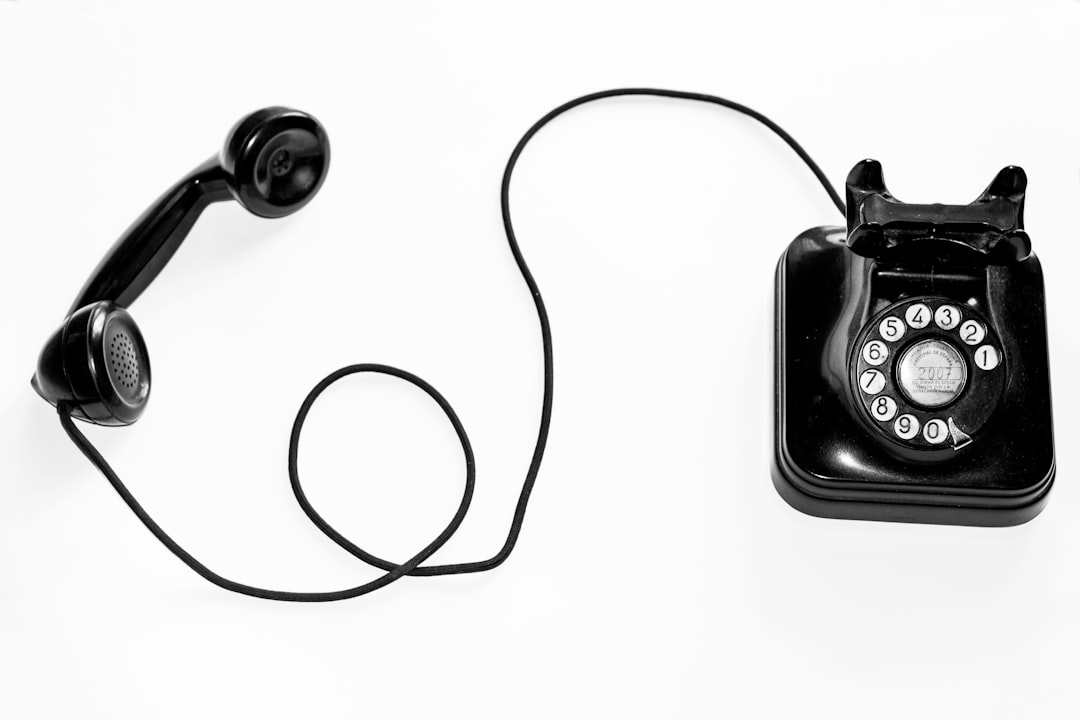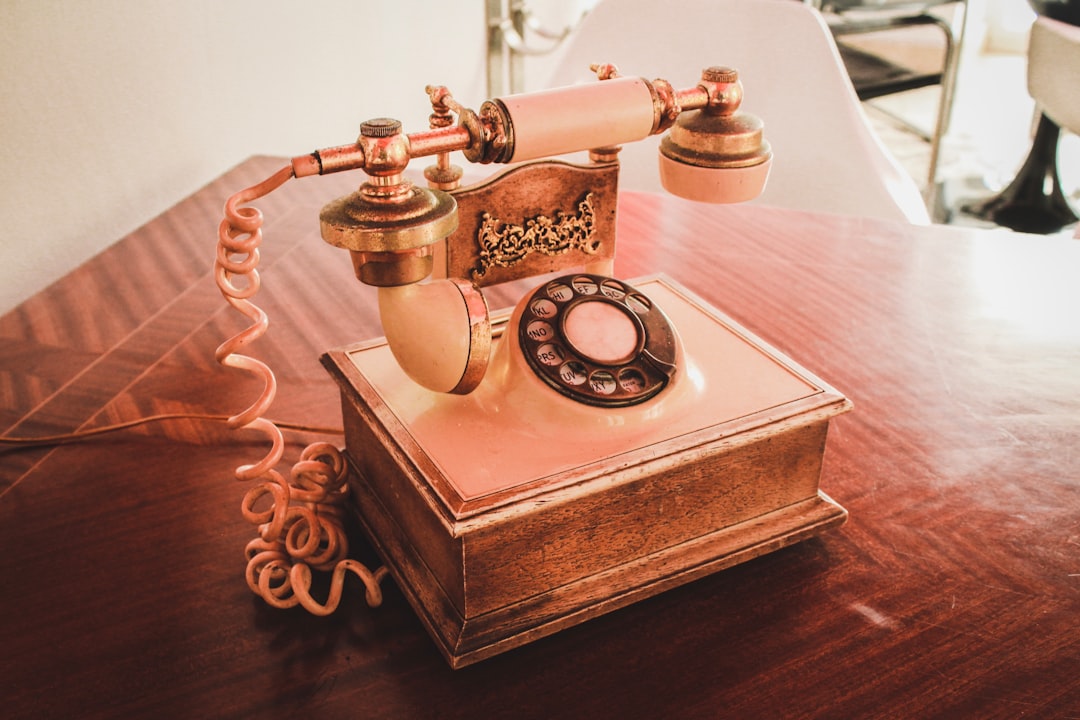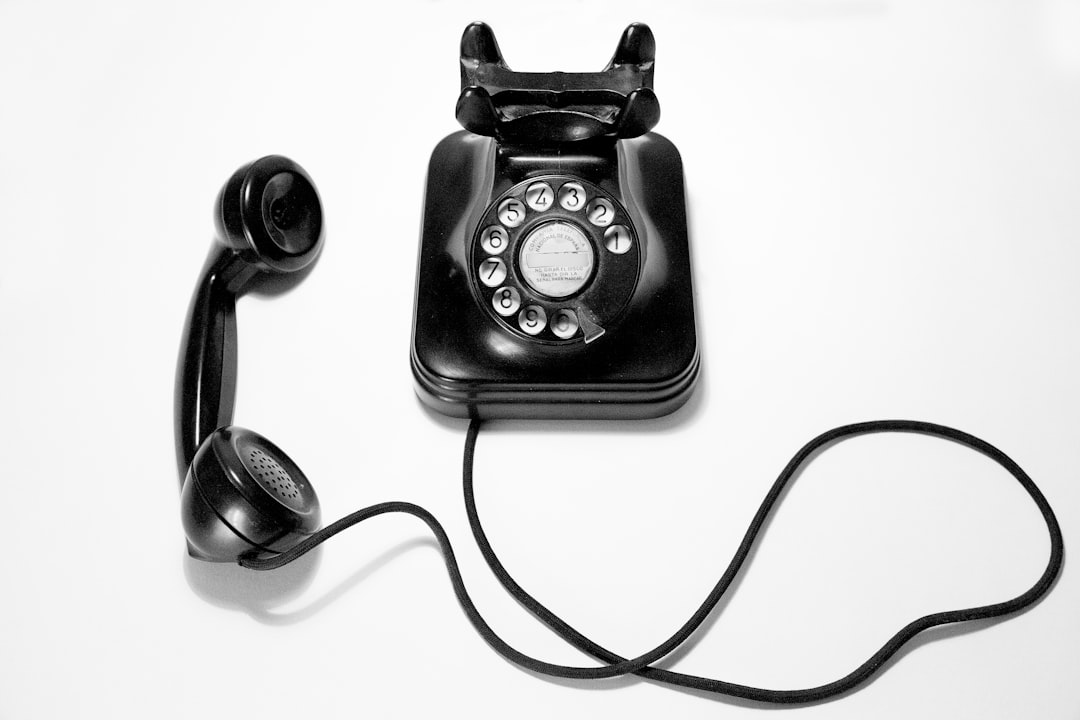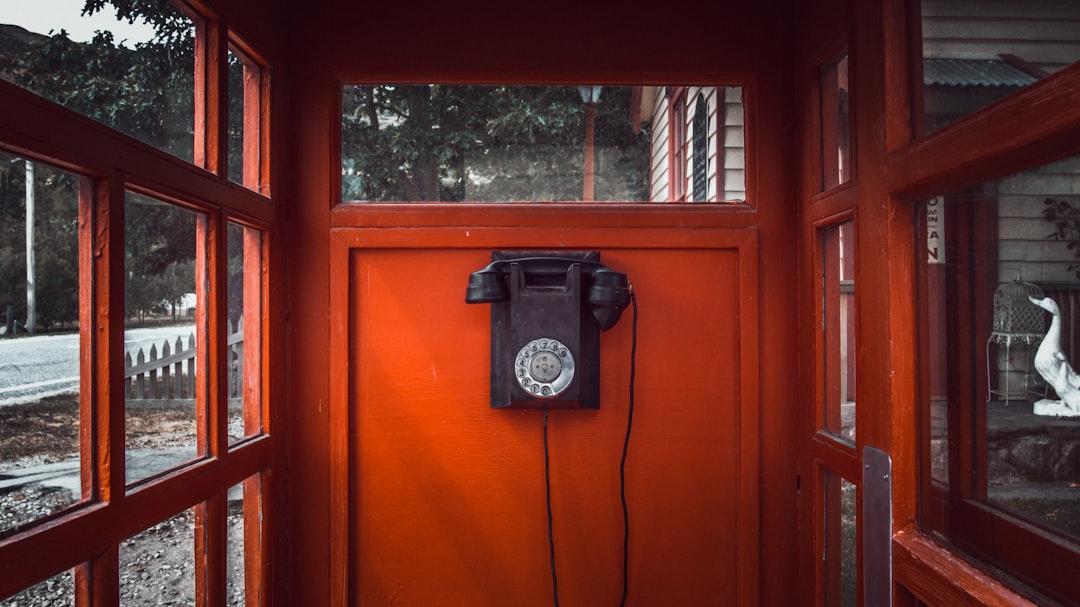In Utah, residents are protected from robocalls by federal laws like the TCPA. If you receive an unwanted call without consent, gather evidence and consider legal action. Register on the National Do Not Call Registry and consult a consumer protection lawyer to determine if suing for robocalls in Utah is appropriate. Violations of TCPA or other regulations may lead to compensation and injunctive relief. Document and report calls, use blocking apps, and know your legal options, including potential monetary compensation.
In today’s digital age, robocalls have become a pervasive and often frustrating reality. If you’re experiencing unwanted calls in Utah, understanding your rights and available legal actions is crucial. This comprehensive guide delves into the laws governing robocalls in Utah, explains how to stop them, explores when you can sue for robocalls, and offers effective strategies for managing these intrusions. By the end, you’ll be equipped with the knowledge to protect yourself from these relentless calls.
Understanding Robocalls: Laws and Regulations in Utah

In Utah, like many states, robocalls are regulated by laws designed to protect consumers from intrusive and deceptive automated calls. The Telephone Consumer Protection Act (TCPA) is a federal law that sets guidelines for telemarketing and prerecorded messages, giving Utah residents certain rights against unwanted calls. If you’ve received a robocall in Utah, it’s important to know your options.
One significant aspect to understand is the ability to sue for robocalls. According to Utah laws, if a call was made without your prior express consent, you may have grounds to take legal action and seek compensation. This includes not only financial damages but also injunctive relief to stop the calls. However, it’s crucial to gather evidence, such as recordings or call logs, to support your case when considering whether to sue for robocalls in Utah.
Your Rights: Stopping Unwanted Calls in Utah

In Utah, as in many states across the US, consumers have rights when it comes to unwanted phone calls, particularly from automated systems known as robocalls. The Telephone Consumer Protection Act (TCPA) grants individuals the power to take action against companies or organizations engaging in excessive or unsolicited calling. If you’ve been subjected to frequent robocalls, there are several steps you can take.
First, consider registering your phone number on the National Do Not Call Registry. This federal list helps prevent calls from specific telemarketers and sales companies. Additionally, Utah’s attorney general’s office provides resources and guidance on dealing with robocalls, including options for reporting suspicious or harassing calls. If you feel your rights have been violated, consulting a legal professional who specializes in consumer protection laws may be beneficial, as there is indeed the possibility to sue for robocalls in Utah under certain circumstances.
Legal Actions: When to Sue for Robocalls

In Utah, like many other states, robocalls are regulated by laws designed to protect consumers from unwanted and deceptive phone calls. If you’ve been a victim of persistent or fraudulent robocalls, knowing your legal rights is crucial. While it’s understandable to feel frustrated, not every robocall warrants immediate legal action.
If a robocall violates Utah’s Telephone Consumer Protection Act (TCPA) or other relevant laws, such as misrepresenting the purpose of the call or using an auto-dialer without prior consent, you may have grounds to sue for damages. Consulting with a consumer protection lawyer in Utah is recommended to assess your specific case and determine the best course of action, including whether filing a lawsuit against the offender is appropriate.
Effective Strategies for Robocall Management
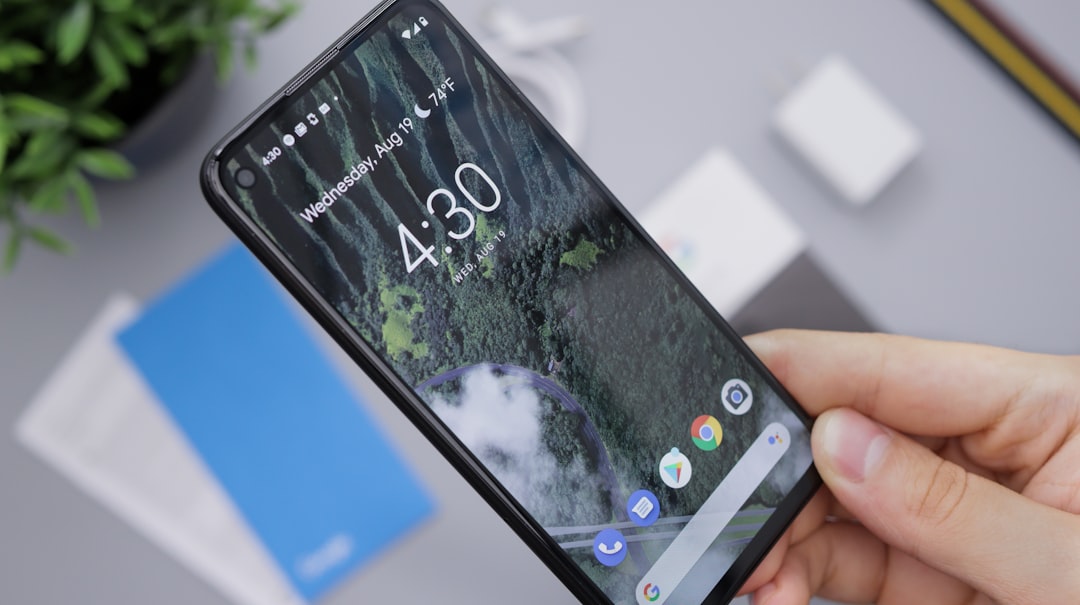
Robocalls can be a nuisance, but there are effective strategies to manage them. One crucial step is to understand your rights as a consumer in Utah. The Telephone Consumer Protection Act (TCPA) provides significant protections against unsolicited phone marketing calls, including robocalls. If you’ve received unwanted robocalls, document the caller’s information and report it to the Federal Trade Commission (FTC) or the Utah Department of Commerce.
Additionally, consider using call-blocking apps or registering your number on the National Do Not Call Registry. While these measures can help reduce robocalls, knowing your legal options is also essential, especially if you believe a caller has violated your rights. If you’re able to identify and prove that a robocall was placed without your consent, you may have grounds to sue for damages under Utah’s consumer protection laws or the TCPA, including potential monetary compensation.

